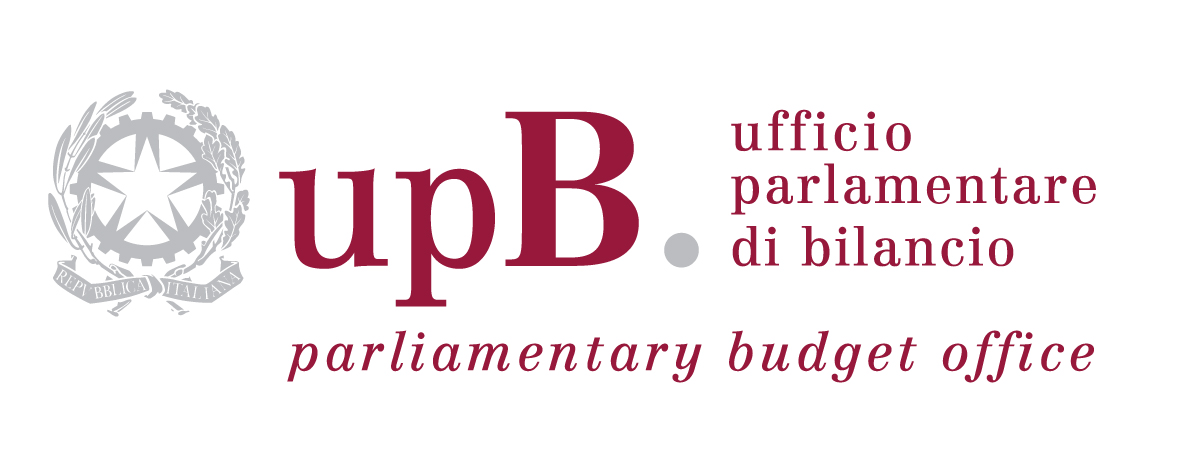30 September 2023 | The Board of the Parliamentary Budget Office has endorsed the trend macroeconomic forecasts of the Update to the 2023 Economic and Financial Document (2023 Update).
The trend scenario for the Italian economy – states the endorsement letter sent to the Ministry of Economy and Finance on 21 September and published today on the PBO website – falls within an acceptable range, both in 2023-24 and in the following two-year period (which does not undergo the endorsement process).
As required, the PBO will also assess the policy macroeconomic scenario published in the Update, which incorporates the effects of the upcoming budget measures. The results of the procedure will be announced during the parliamentary hearing before the Budget Committees.
In detail, the growth rate of the Italian economy estimated by the Government for 2023 (0.8 per cent), revised downwards by two-tenths of a percentage point compared to the policy scenario of the 2023 EFD, is broadly in line with the median prediction of the PBO forecasting panel (including CER, Prometeia, Ref-Ricerche and Oxford Economics, in addition to the PBO itself) and matches the PBO forecast. The growth rate projected in the Update trend scenario for 2024 (1.0 per cent, 0.5 percentage points lower than in the EFD) is slightly higher than the PBO forecast and roughly between the median value and the upper end of the PBO panel.
The estimates are surrounded by a very high degree of uncertainty, mainly due to external or exogenous factors; overall, the PBO panel reports the prevalence of downside risks. One critical issue regards the underlying hypothesis of the forecast assuming the full, timely and efficient utilisation of NRRP funds. The war in Ukraine remains a major unknown, as do the growth prospects of major exporting countries such as Germany and China. Moreover, the risk related to the persistence of inflation is emphasized: forecasts for the coming years rely on the assumption that inflation will fall sharply in 2024, but this is uncertain as it also depends on exogenous factors, such as geopolitical or climatic factors. Finally, global financial systems remain tense and volatile with potential repercussions on international macroeconomic balances. Ultimately, the international framework appears unstable and fragile, meaning that the outlook could change within a short timeframe.
